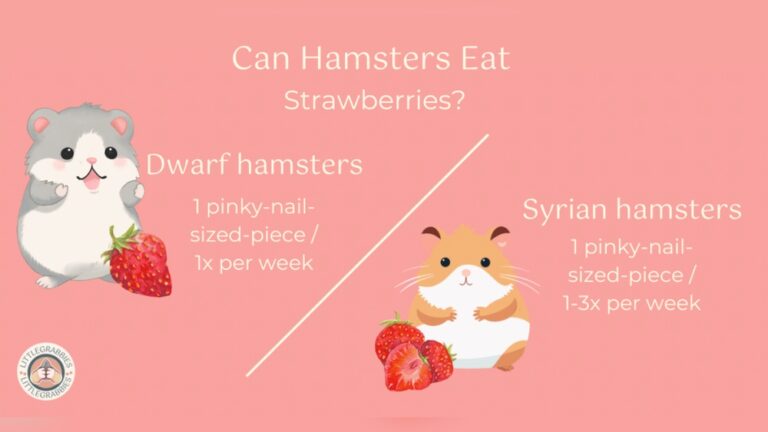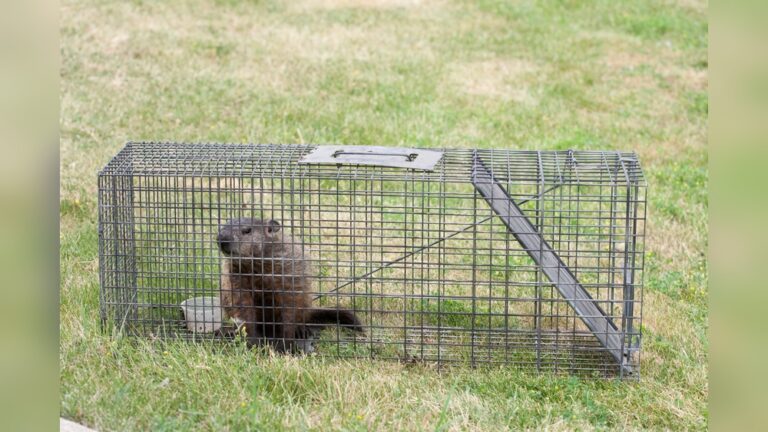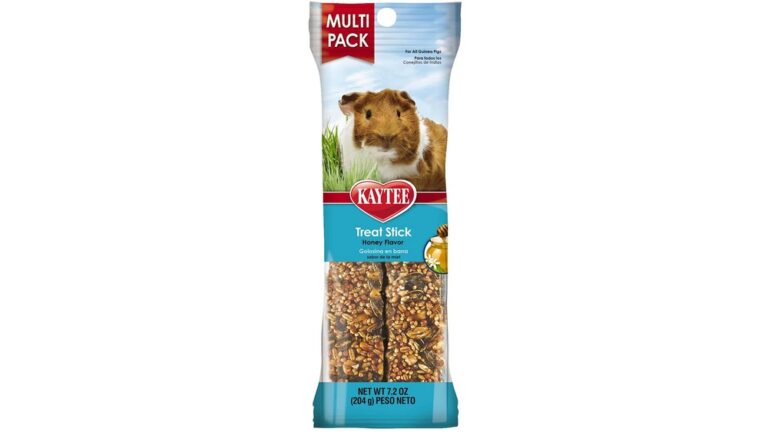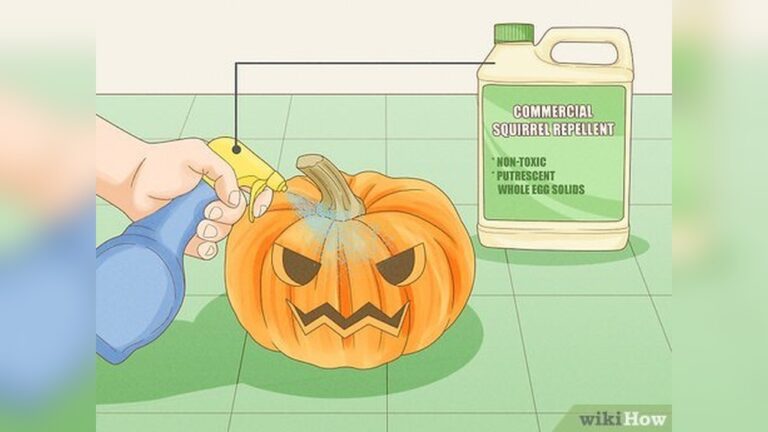How To Care For Older Guinea Pigs: Essential Tips for Longevity
As your guinea pig grows older, its needs start to change. You want to make sure your furry friend stays happy and healthy through every stage of life.
But how do you adjust your care to fit their golden years? If you’ve noticed your guinea pig moving slower or eating less, it’s time to learn the key steps to support their well-being. This guide will give you simple, effective tips that make a real difference.
Keep reading to discover how you can give your older guinea pig the comfort and care they deserve.
Recognizing Aging Signs
Recognizing aging signs in guinea pigs is important for their care. Older guinea pigs show different signs than younger ones. Spotting these changes helps you provide better support and comfort.
Physical Changes
Older guinea pigs often have thinner fur. Their coat may lose shine and feel rough. Teeth can grow unevenly, causing eating problems. Weight loss or gain is common. Eyes might become cloudy or less bright. Watch for lumps or bumps on their body. Their movements may slow down or become stiff.
Behavioral Shifts
Older guinea pigs may become less active. They might sleep more during the day. Some become shy or hide more often. Appetite can change, sometimes eating less. They may not react to sounds or touch like before. Social behavior might decrease, avoiding other pets. Notice any new habits that seem unusual.

Credit: smallpetselect.com
Diet Adjustments
Older guinea pigs need special care, especially in their diet. Their bodies change with age. Their food must support these changes. Proper diet helps keep them active and healthy. It also prevents common health problems.
Nutrient-rich Foods
Older guinea pigs need foods with more vitamins and minerals. Fresh vegetables like bell peppers and leafy greens are great. These provide vitamin C, essential for their health. Hay should be soft and easy to chew. Avoid hard pellets that may hurt their teeth. Small amounts of fruit can be a tasty treat. Offer foods rich in fiber to aid digestion. Nutrient-rich foods support their immune system and energy.
Hydration Needs
Water is very important for older guinea pigs. They may drink less as they age, risking dehydration. Always provide fresh, clean water daily. Use a water bottle or bowl that is easy to reach. Add water-rich vegetables like cucumber and lettuce to their diet. Hydration helps keep their skin and fur healthy. It also supports kidney function and overall well-being.
Comfortable Housing
Comfortable housing is essential for older guinea pigs to stay healthy and happy. Their needs change as they age, so their living space must be safe and cozy. A well-set cage helps reduce stress and supports their health.
Safe Cage Setup
Choose a cage with enough space for your guinea pig to move freely. Avoid wire floors; they hurt older feet. Use a solid bottom with soft bedding like fleece or paper-based materials. Keep the cage clean to prevent infections. Add hiding spots for comfort and security. Check the cage daily for sharp edges or broken parts.
Temperature Control
Older guinea pigs need stable temperatures between 65°F and 75°F. Avoid drafts and direct sunlight on the cage. Use a room thermometer to monitor temperature. Keep the cage away from heaters or air conditioners. In cold weather, add extra bedding for warmth. In hot weather, provide fresh water and shade to prevent overheating.
Health Monitoring
Older guinea pigs need careful health monitoring to stay happy and active. Their bodies change as they age. Watching for signs of illness helps catch problems early. Small changes in behavior or eating can mean health issues. Regular checks keep your pet comfortable and safe.
Regular Vet Visits
Schedule vet visits at least twice a year for older guinea pigs. Vets check teeth, weight, and overall health. Early detection of illness can prevent serious problems. Bring your guinea pig if you notice unusual symptoms. A vet’s advice guides the best care for your pet.
Common Health Issues
Older guinea pigs often face dental problems. Teeth grow continuously and may need trimming. Respiratory infections are common and need prompt treatment. Arthritis can make movement painful for them. Watch for loss of appetite or changes in poop. These signs show the need for veterinary care.
Exercise And Enrichment
Exercise and enrichment keep older guinea pigs healthy and happy. They need gentle movement to stay strong. Their minds must stay active to avoid boredom. Both body and brain need care in their golden years.
Gentle Activities
Older guinea pigs should have soft, low-impact exercises. Short, slow walks inside a safe area work well. Provide ramps with gentle slopes for climbing. Avoid jumping or rough play to prevent injuries. Soft tunnels and hiding spots encourage mild activity. These actions help maintain muscle tone and flexibility.
Mental Stimulation
Older guinea pigs enjoy simple puzzles and toys. Offer chew toys made from safe materials. Hide treats in hay to spark natural foraging instincts. Rotate toys often to keep interest high. Talking softly and gentle petting also engage their minds. Mental activities reduce stress and improve mood.
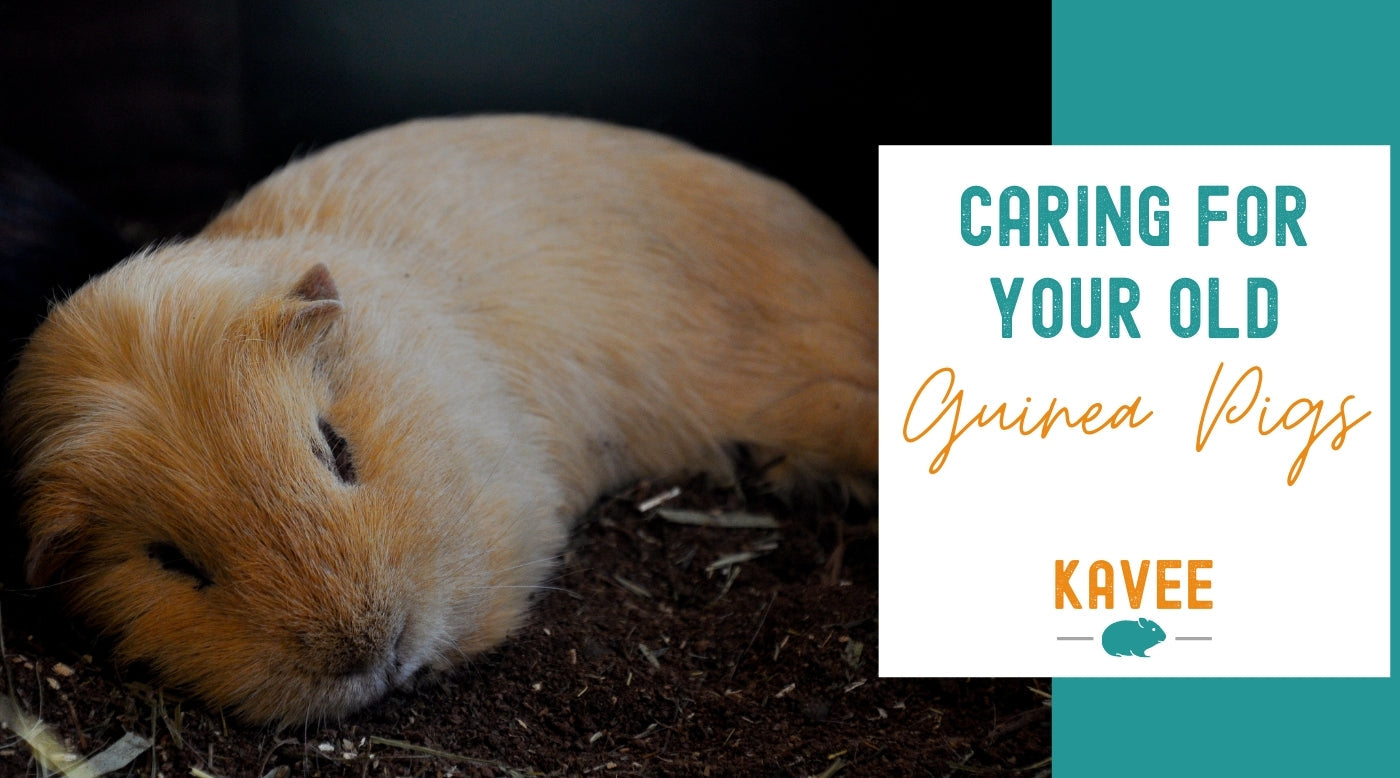
Credit: uk.kavee.com
Grooming Essentials
Grooming is very important for older guinea pigs. It helps keep them clean and healthy. Older guinea pigs may not groom themselves well. They need gentle care to stay comfortable. Regular grooming checks for skin problems and other issues. This section covers the basics of grooming your older pet.
Coat Care
Brush your guinea pig’s coat often to remove dirt and loose hair. Use a soft brush made for small animals. Long-haired guinea pigs need daily brushing. Short-haired ones need brushing twice a week. Check the skin for redness or sores while brushing. Bathing is rarely needed, only if very dirty. Use warm water and mild pet shampoo. Dry your guinea pig carefully to avoid chills.
Nail Trimming
Trim your guinea pig’s nails every few weeks. Long nails cause pain and walking problems. Use small animal nail clippers for safety. Hold your guinea pig gently but firmly. Cut only the sharp tip, not the quick. The quick is the pink part inside the nail. Stop if you see bleeding and use styptic powder. Regular nail care prevents injury and keeps your pet happy.
Managing Stress
Managing stress is key to keeping older guinea pigs healthy and happy. Stress can weaken their immune system and cause health problems. Older guinea pigs need calm care and gentle handling to stay comfortable. Creating a peaceful space helps reduce stress and keeps them relaxed.
Quiet Environment
Older guinea pigs feel safe in quiet places. Loud noises and sudden sounds scare them. Choose a calm spot for their cage, away from busy rooms and loud machines. Soft lighting and steady noise levels help them stay calm. Avoid moving their cage often to prevent stress.
Social Interaction
Guinea pigs are social animals. They need gentle attention and company. Spend time sitting quietly near them. Let them sniff your hand before petting. Older guinea pigs may not play much but enjoy calm talking and soft strokes. If they have a cage mate, it helps lower stress by keeping them company.

Credit: www.guineadad.com
How Smart Pets Lover Can Help You with How To Care For Older Guinea Pigs
Practical Learning: Deepening Your Care for Older Guinea Pigs
Understanding how to care for older guinea pigs is a journey filled with tender moments and ongoing learning. As you recognize aging signs like reduced mobility or changes in appetite, you can adjust their diet and housing to keep them comfortable and healthy. For example, softer foods and easily accessible water dishes make a big difference in daily comfort.
Health monitoring becomes a gentle routine—checking teeth, skin, and behavior—that helps catch issues early. Exercise and enrichment don’t stop with age; tailored activities and cozy spaces stimulate their minds and bodies without causing stress. These practical steps reflect the kind of informed, compassionate care that Smart Pets Lover champions, aiming to keep every pet parent confident and connected.
If you ever feel unsure, remember there are communities and experts ready to share advice. Your veterinarian or resources like Smart Pets Lover’s pet care guides can be wonderful companions on this journey, ensuring your guinea pig’s golden years are full of love and ease.
Frequently Asked Questions
How Do I Adjust Diet For Older Guinea Pigs?
Older guinea pigs need more vitamin C and fiber. Provide fresh vegetables daily and high-quality hay. Avoid sugary treats and monitor weight closely to prevent obesity or malnutrition.
What Common Health Issues Affect Senior Guinea Pigs?
Senior guinea pigs often face dental problems, arthritis, and respiratory infections. Regular vet checkups help catch issues early and maintain their quality of life.
How Can I Make Their Living Space Comfortable?
Use soft bedding and avoid slippery surfaces. Keep the cage clean and warm, with easy access to food and water to reduce stress and injury risk.
When Should I Schedule Vet Visits For Older Guinea Pigs?
Vet visits every 6 months are ideal for senior guinea pigs. More frequent checkups may be necessary if health problems arise or worsen.
Conclusion
Caring for older guinea pigs takes patience and love. Keep their diet healthy and watch their behavior daily. Provide a clean, comfortable space with soft bedding. Regular vet visits catch health issues early. Gentle handling helps them feel safe and calm.
Small changes make a big difference in their life. Enjoy each moment with your senior pet. Their happiness depends on your care and attention.

